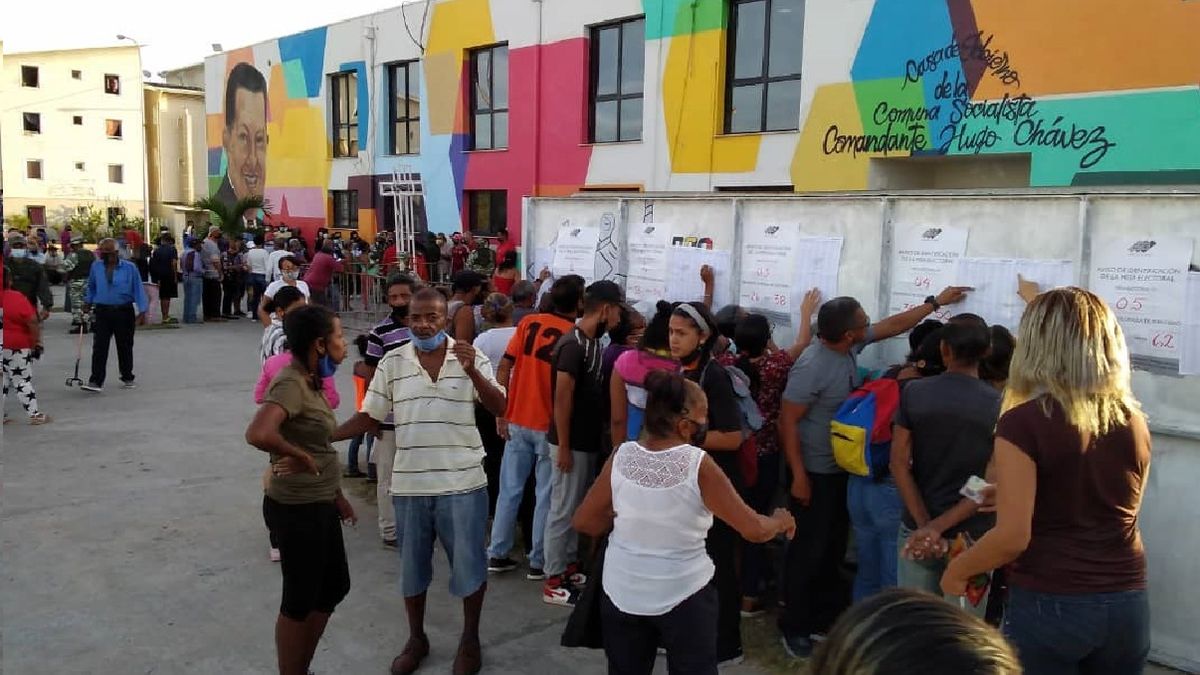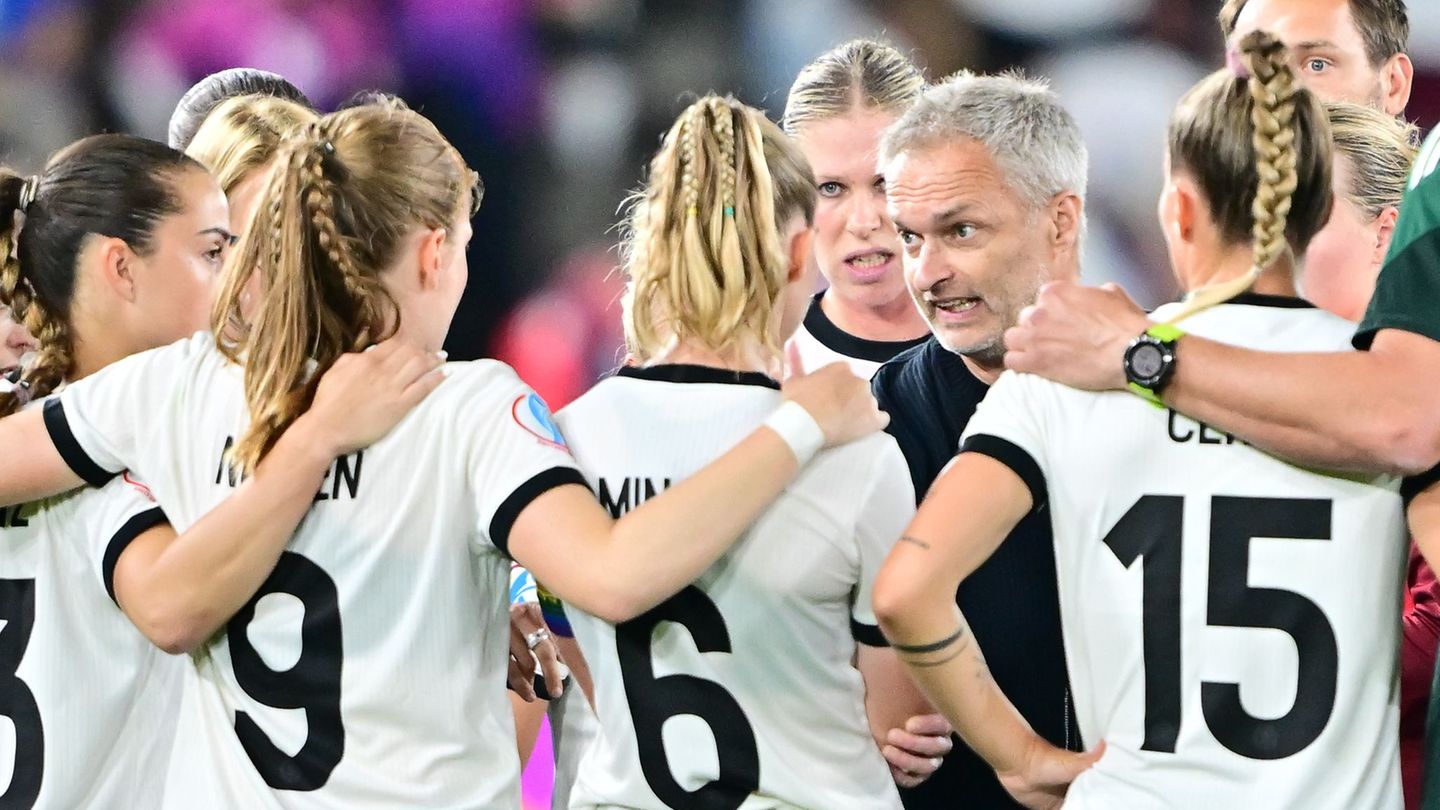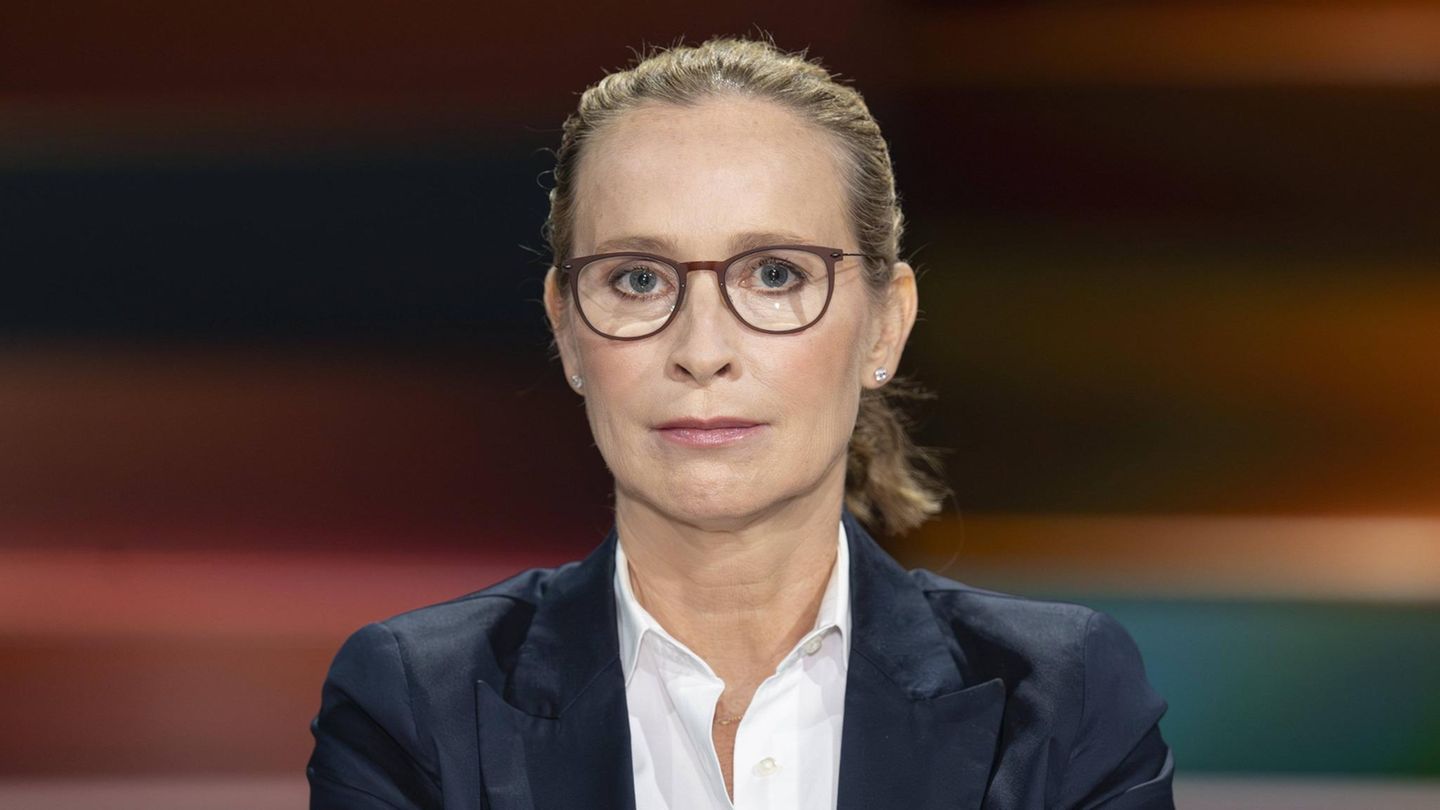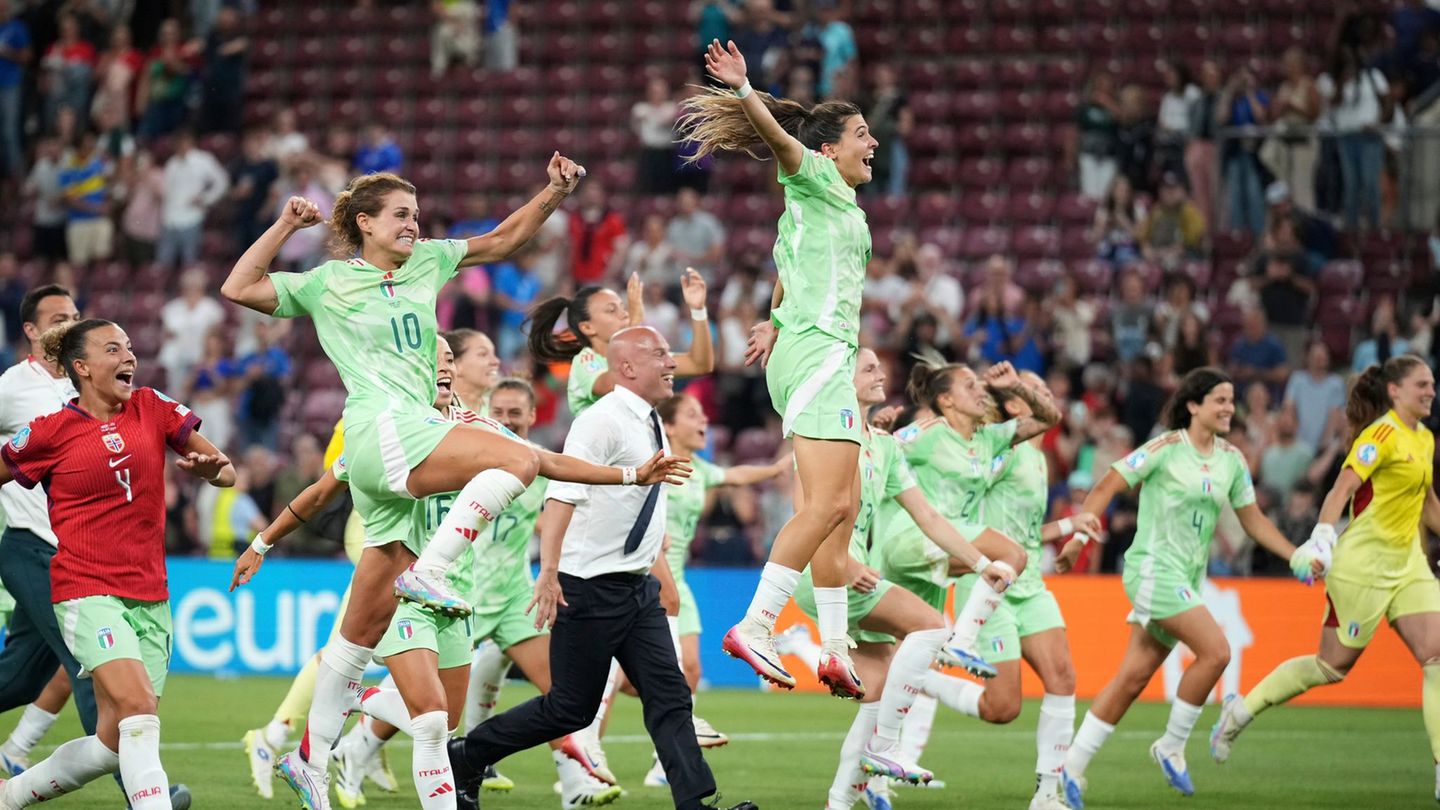21 of the 30 million inhabitants of the country are summoned to the polls to choose 23 governors and 335 mayors, as well as regional and municipal legislators, among more than 70,000 candidates.
The voting opened at 06:00 (07 Argentine time) and must last until 18:00 (19:00 Argentine time), as long as there are no voters in line. The time period is usually extended and the results do not arrive until well into the morning.
President Nicolas Maduro He called on the citizens to participate in the elections. “Venezuela! With this beautiful sunrise, we are all going as a family, to exercise our constitutional right to demonstrate the pacifist and democratic spirit that characterizes us. Vote for Peace!”, He said through social networks.
https://twitter.com/NicolasMaduro/status/1462365797024768002
Venezuela! With this beautiful sunrise, we all go as a family, to exercise our constitutional right to demonstrate the pacifist and democratic spirit that characterizes us. Vote for Peace! pic.twitter.com/KJ5skN1t5U
– Nicolás Maduro (@NicolasMaduro) November 21, 2021
There were centers in Caracas that already had small lines even before opening. Some voters wore jackets in the colors of the Venezuelan flag.
“I am going to exercise my right to vote in a democratic country,” José Casanova, a 74-year-old Chavez militant, told AFP before voting at a school in the gigantic neighborhood of Petare. “Each election is for the good of the country, which is a blessed country, with all its problems, but we deserve to be respected.”
These elections can serve as a new starting point both for Maduro, who seeks the lifting of international sanctions, and for the opposition, which returns to the electoral route with its sights set on a “transparent” and “fair” presidential election in 2024, although next year he has the option of a referendum to revoke the president’s mandate.
But the opposition returns fractured, weakened and without unitary candidacies in most regions, and it is “foreseeable that Chavismo will sweep away,” said Pablo Quintero, political scientist and director of the LOG firm.
The opposition refused to participate in the 2018 presidential election, in which Maduro was reelected, and in the 2020 legislative elections, in which the ruling party regained parliament.
Both processes, amid accusations of “fraud”, were widely rejected internationally, led by the United States and the European Union (EU), which this time will accompany the voting with a mission of 130 observers deployed in the country.
The EU had not been working on an election in Venezuela for 15 years, as the Venezuelan authorities opted for “accompaniment missions” from countries and organizations close to Chavismo. Panels of experts from the United Nations and the Carter Center were also installed for this election.
“International observation is positive and important, it gives validity to the process,” explained Luis Vicente León, director of the Datanálisis polling station. “It legitimizes it or it illegitimate it, we don’t know what they end up seeing.”
The EU is scheduled to present a preliminary report on Tuesday. Maduro has warned that the bloc cannot “give a verdict” on the results.
Target of international sanctions, including an oil embargo by the United States, the Venezuelan government has funds blocked abroad and wants to sell its oil without restrictions, as well as import gasoline, which is scarce in the face of the destruction of the industry.
“That’s how decisions are made: with elections, not sanctions!” Said Adosely Muñoz, 47, also a voter in Petare.
The opposition leader Juan Guaidó, recognized as interim president of Venezuela by fifty countries, will not vote, according to his team, although he does not call for abstention on this occasion.
https://twitter.com/jguaido/status/1462181036410949642
Guaidó’s objective is a presidential election in 2024 or earlier, through next year’s recall referendum, which can be defined at the negotiating table in Mexico, which for now is standing still.
But faced with the divisions, the opposition must “organize itself and not start its campaign at the last minute,” insisted Quintero. “The opposition unites and Chavismo trembles.”
Source From: Ambito
David William is a talented author who has made a name for himself in the world of writing. He is a professional author who writes on a wide range of topics, from general interest to opinion news. David is currently working as a writer at 24 hours worlds where he brings his unique perspective and in-depth research to his articles, making them both informative and engaging.




